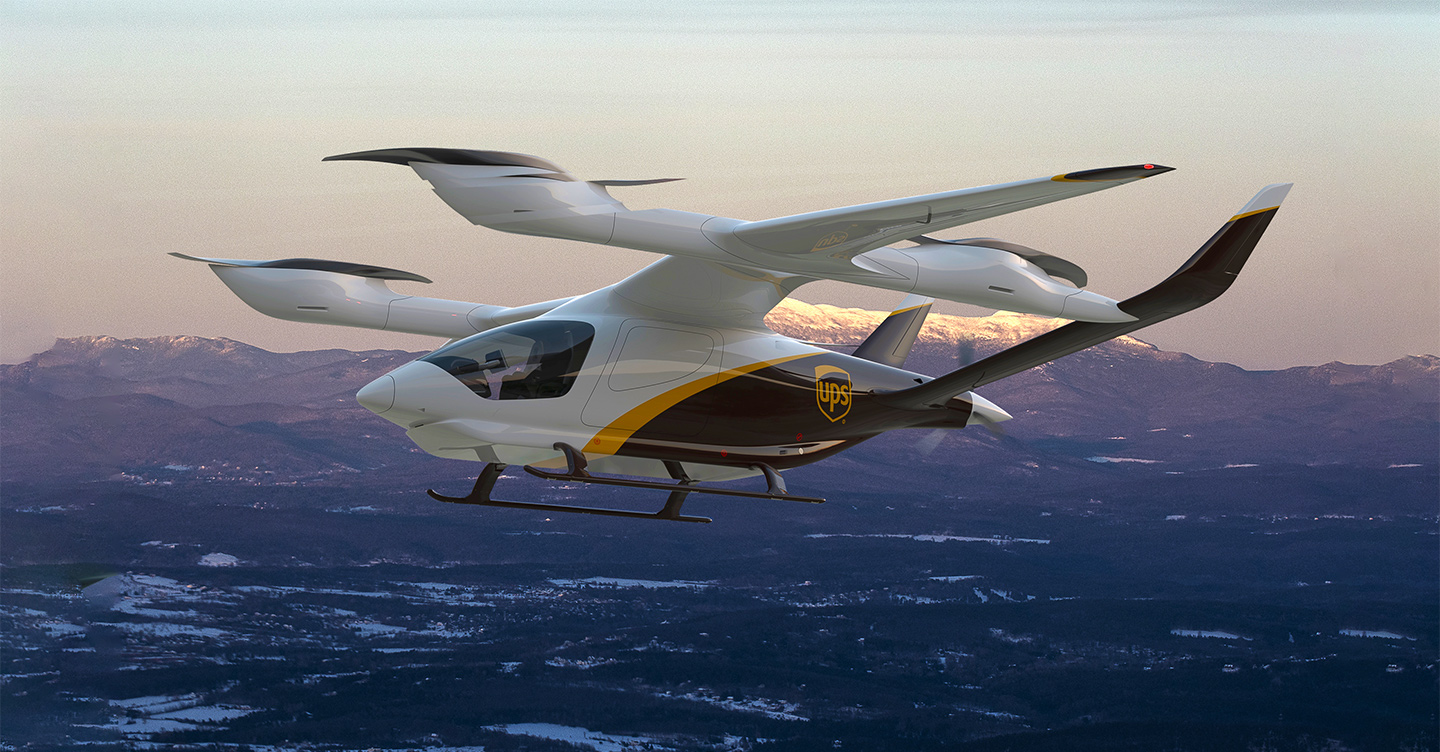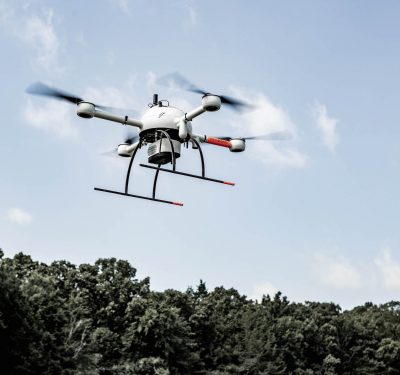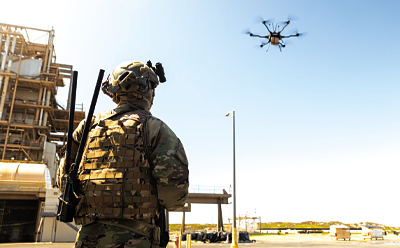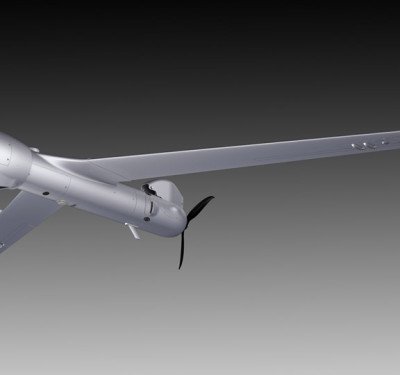 In the next few years, eVTOLs from Beta Technologies (BETA) will quietly take off and land on-property at UPS facilities in small and mid-sized markets.
In the next few years, eVTOLs from Beta Technologies (BETA) will quietly take off and land on-property at UPS facilities in small and mid-sized markets.
UPS, along with its UPS Flight Forward subsidiary, recently announced plans to purchase the aircraft to reduce time-in transit, vehicle emissions and operating costs, according to a news release. The eVTOL, which has a 1,400-pound cargo capacity, can quickly and sustainably deliver time-sensitive packages that would otherwise be transported on small fixed-wing aircraft.
The system has a 250-mile range and a cruising speed of up to 170 miles per hour. UPS will use the aircraft to plan a series of short routes or long routes on a single charge. Health care providers, small and medium-sized businesses and other companies in smaller communities will benefit from the deliveries.
The aircraft is designed to eventually operate autonomously. UPS Flight Forward has received a FAA Part 135 Standard air carrier certification to operate a drone airline and is already deploying daily revenue-generating flights with drones.
“This is all about innovation with a focus on returns for our business, our customers, and the environment,” UPS Chief Information and Engineering Officer Juan Perez said, according to the release. “These new aircraft will create operational efficiencies in our business, open possibilities for new services, and serve as a foundation for future solutions to reduce the emissions profile of our air and ground operation.”
BETA recently completed an interstate flight with the eVTOL from its Plattsburgh, NY, test facility to its Burlington, Vermont, headquarters. The system had to complete rigorous testing to ensure reliable and predictable behavior.
The aircraft has four fixed vertical lift propellers and one pusher propeller for forward flight. It can charge in an hour or less and produces no operational emissions.
“We’re combining simple, elegant design and advanced technology to create a reliable aircraft with zero operational emissions that will revolutionize how cargo moves,” BETA founder and CEO Kyle Clark said, according to the release. “By utilizing vertical takeoffs and landings, we can turn relatively small spaces at existing UPS facilities into a micro air feeder network without the noise or operating emissions of traditional aircraft.”
The first 10 BETA aircraft are expected to begin arriving in 2024. UPS has the option to purchase up to 150 of the systems.






